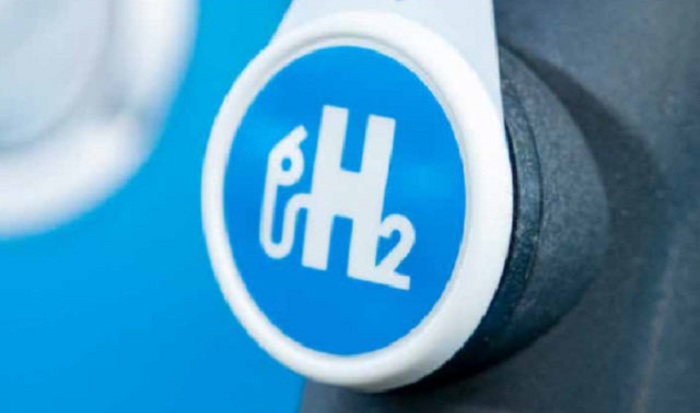Hydrogen fuel cells are becoming a significant game-changer in the quest for sustainable energy solutions, particularly when contrasted with conventional lithium-ion batteries. Hydrogen’s superior energy storage density makes it especially advantageous in transportation and maritime uses.
One of the most significant advantages of hydrogen fuel cells is their exceptional energy storage density. When hydrogen is converted into electricity through fuel cells, it stores significantly more energy in a smaller and lighter package compared to lithium-ion batteries. This results in longer journeys and extended operational times without the need for frequent refueling or recharging stops. Practically, this means that hydrogen-powered vessels can be designed to be more compact and efficient while still achieving the same, if not greater, range and performance as their battery-powered counterparts.
Jean-Michel Billig, the Chief Technology Officer for hydrogen fuel cell vehicle development at Stellantis, emphasizes this advantage, stating that hydrogen offers refueling in four minutes, higher payloads, and longer range. The high energy density of hydrogen also contributes to quicker refueling processes, as refilling hydrogen tanks is generally faster than recharging large battery banks.
Real-world applications as well as case studies of hydrogen fuel cells go on to underscore their superiority over batteries in numerous industries. For example, the TU Delft Hydro Motion Team recently achieved a historic hydrogen-powered crossing. Their vessel which happens to be equipped with a buffer battery in order to manage power output efficiently, went on to demonstrate how hydrogen fuel cells could go on to outperform battery packs. If the team had gone on to rely solely on batteries, they would have indeed needed a battery pack of almost 480 kWh – which is equivalent to 5-6 Tesla vehicle batteries. In contrast, their hydrogen-powered vessel used a battery that was 100 times smaller at just 4.8 kWh.
This example goes on to highlight the practicality as well as efficiency of hydrogen fuel cells across maritime applications, wherein the space and weight happen to be critical factors. Hydrogen’s compact along with efficient energy storage enables for more streamlined vessel designs, hence making them ideal when it comes to long journeys and extended operations.
Some critics argue that using solar or wind energy to produce hydrogen is counterintuitive, advocating instead for the direct use of renewable energy sources. But this perspective overlooks numerous critical aspects.
Solar and wind energy, both are not constant and can be every-challenging to store through long periods. Hydrogen production making use of excess renewable energy happens to offer a viable storage solution, thereby making sure of a steady energy supply even at times when solar and wind are not available.
Hydrogen’s transportability and ease of storage make it a versatile energy carrier, capable of global export. These kinds of capabilities enable the countries achieve energy independence while at the same time supporting global economies.
It is well to be noted that the higher energy storage density when it comes to hydrogen makes sure of more efficient energy usage. Vessels as well as vehicles that are powered by hydrogen can travel longer distances sans the frequent interruptions needed for battery recharging.
Studies support these insights, showing that integrating hydrogen with existing energy systems can reduce costs and improve efficiency. For instance, a study examining 24 world regions found that combining compressed hydrogen- CH with other storage technologies like battery storage (BS) and grid hydrogen storage- GHS could help power the world with 100% clean, renewable energy. The study goes on to highlight that merging electrolyzer along with storage equipment when it comes to both grid and non-grid purposes generally goes on to reduces costs, thereby further validating hydrogen’s economic viability.
These studies go on to demonstrate that a hybrid approach, making us of both hydrogen and traditional battery systems, goes on to maximize the energy efficiency and at the same time minimizes the total cost of energy storage as well as distribution. By way of leveraging hydrogen’s superior energy density as well as combining it with battery storage for urgent power needs, energy systems can go on to operate more smoothly and reliably. This method not only enhances the flexibility of energy grids but also ensures a more consistent energy supply, addressing the intermittent nature of solar and wind power.
In conclusion, the advantages of hydrogen fuel cells over traditional batteries are evident and compelling. Due to the higher energy storage density, rapid refueling times as well as the ability to support longer journeys, hydrogen happens to be an ideal solution for numerius applications, especially in transportation and maritime sectors. As global efforts to decrease the carbon emissions intensify, hydrogen portrays itself as a key player when it comes to achieving sustainable and efficient energy solutions.










































